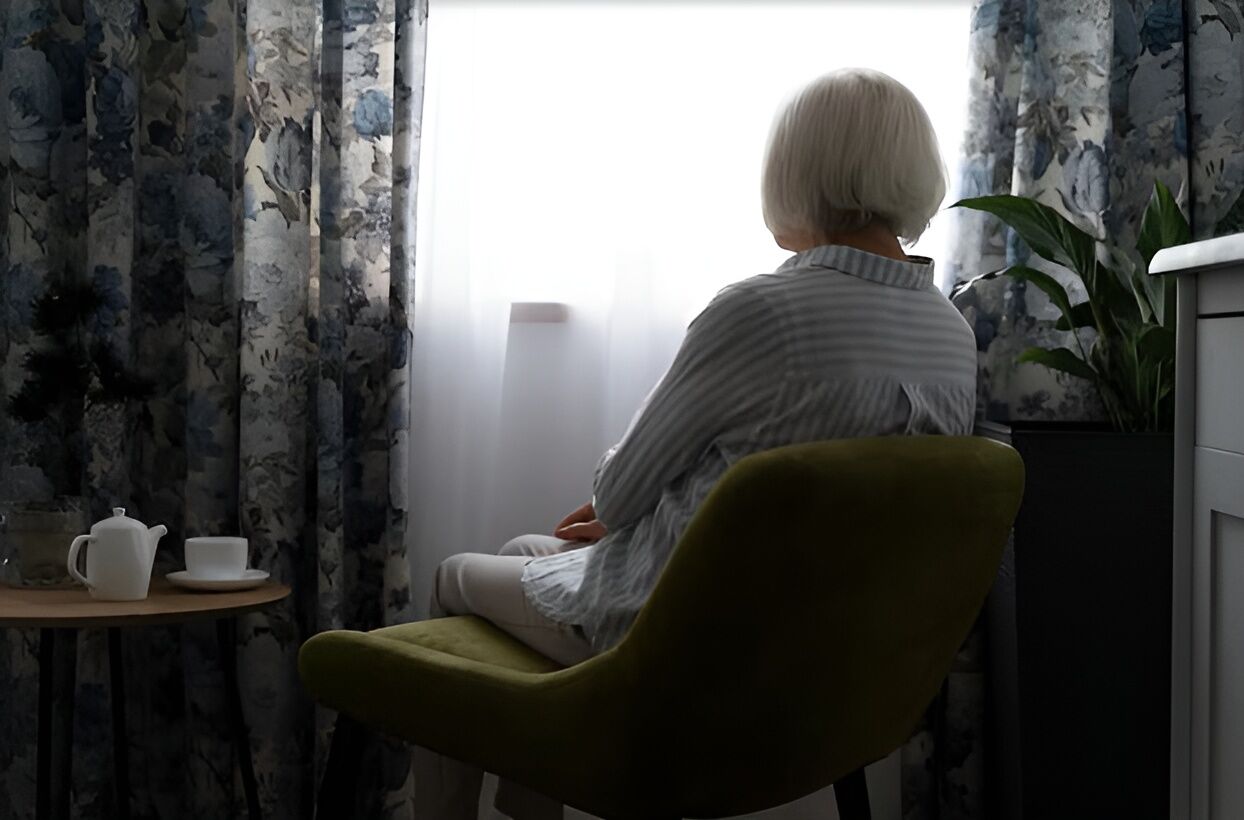Loneliness increases risk of strokes in older adults by 56 percent

Loneliness, often overshadowed by more visible health concerns, is emerging as a significant risk factor for strokes among older adults. A study published in the peer-reviewed medical journal: The Clinical Medicine yesterday by researchers from Harvard T.H. Chan School of Public Health has shed light on this silent threat, revealing that chronic feelings of loneliness can increase the risk of stroke by as much as 56%.
This connection between loneliness and stroke underscores the need to view loneliness not just as a personal issue but as a critical public health challenge.
Understanding the link between loneliness and stroke
The study utilised data spanning from 2006 to 2018, gathered from the Health and Retirement Study (HRS).
It focused on individuals aged 50 and above who had never experienced a stroke. Participants were initially assessed using the Revised UCLA Loneliness Scale, and follow-up assessments were conducted four years later to observe changes in their solitary status over time. These assessments categorised participants into groups based on their loneliness levels at two points: consistently low, remitting, recent onset, and consistently high.

The findings were telling. Those categorised under “consistently high” loneliness were found to have a 56% higher risk of stroke compared to their “consistently low” counterparts. This statistic is particularly alarming given that stroke is one of the leading causes of long-term disability and mortality globally.
Chronic loneliness: A deeper look
Chronic loneliness, as opposed to temporary feelings of loneliness triggered by specific life events, appears to have a more pronounced impact on stroke risk. This type of loneliness is an enduring state, potentially stemming from an individual’s sustained inability to forge fulfilling personal connections. The study indicates that this prolonged state of social and emotional isolation can lead to significant health repercussions, including an increased risk of stroke.
Addressing loneliness: A preventive measure
The Harvard study emphasises the importance of addressing loneliness, particularly among the ageing population, to prevent potential strokes. It suggests that regular assessments of an individual’s loneliness could be key in identifying those at higher risk. By targeting interventions specifically designed to alleviate loneliness, healthcare providers can better manage this hidden risk factor.
The study also calls for further research to explore the underlying mechanisms through which loneliness impacts stroke risk. Understanding whether interventions aimed at reducing loneliness can effectively lower the risk of stroke could provide a new direction in stroke prevention strategies.

The broader implications
Beyond its implications for stroke, the study highlights solitude as a factor that could exacerbate other health conditions, emphasising the interconnectedness of mental and physical health. This recognition of loneliness as a public health issue, particularly exacerbated by the social restrictions during the COVID-19 pandemic, calls for a comprehensive approach to health that includes fostering social connections and addressing psychological well-being.
As we continue to navigate the complexities of health and ageing, the link between loneliness and stroke provides a crucial insight into how our social experiences and emotional health profoundly impact our physical well-being. Addressing loneliness, especially chronic loneliness, not only enhances the quality of life but also serves as a preventive measure against serious health issues like stroke. With the ageing population growing, the need to integrate social health into public health strategies has never been more urgent.
For those who are lonely, join the ASEAN NOW forum. A forum that will truly keep you enthralled!
Latest Thailand News
Follow The Thaiger on Google News:


























